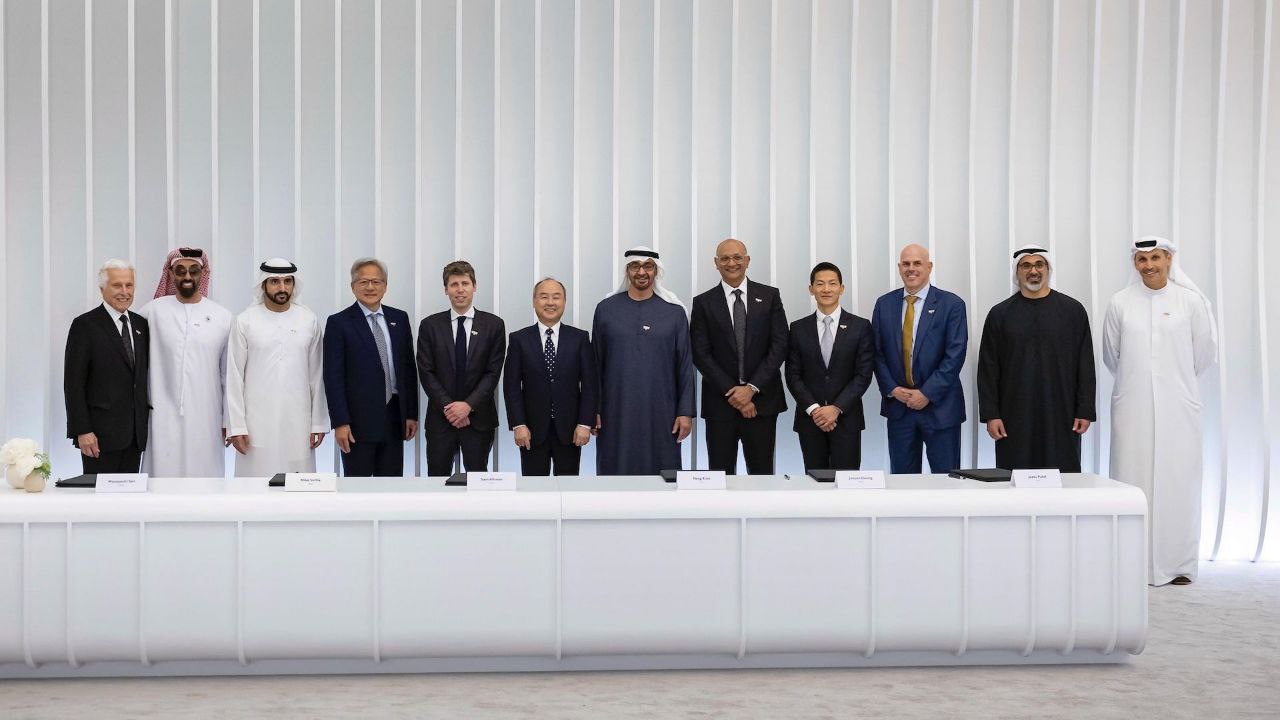
OpenAI has announced Stargate UAE, its first international hub for next-generation AI infrastructure. But to call it just a data center is to miss the point entirely. This is a move with significant geopolitical and strategic implications.
Stargate is OpenAI’s global initiative to build a distributed infrastructure for artificial intelligence. The project aims to create a network of advanced computational hubs with unprecedented scale and influence. The first node is launching in the United Arab Emirates, and it’s much more than just hardware.
The Key Facts
- Investment: Up to $20 billion, distributed between the US and the UAE.
- Computing Power: Targeting 1 gigawatt, starting with 200 MW in 2026.
- Partners: A coalition of tech giants including G42, Oracle, Nvidia, Cisco, and SoftBank.
- Geographic Influence: An operational radius of up to 2,000 miles.
- The Trojan Horse: Free access to ChatGPT Plus for all UAE residents, a service that costs $20/month everywhere else.
The Real Strategy
On the surface, offering free access appears to be a gesture of goodwill. But if you look closer, it becomes clear this is a battle for technological influence and the mindshare of entire nations.
This free access is not a gift; it’s a strategic maneuver with clear objectives:
- Form a Habit: Cultivate widespread dependence on a specific AI ecosystem.
- Deepen Infrastructure Lock-in: Tie the region’s future development to OpenAI’s platform.
- Scale Future Revenue: Pave the way for large-scale B2B and government-sector contracts once the user base is captured.
What we are witnessing is the emergence of a new technological geopolitics. Stargate is not just a data center; it is an instrument for distributing technological sovereignty. With plans for at least ten such hubs around the world, OpenAI is just getting started. This isn’t just about building AI — it’s about deciding who controls the infrastructure of intelligence itself.